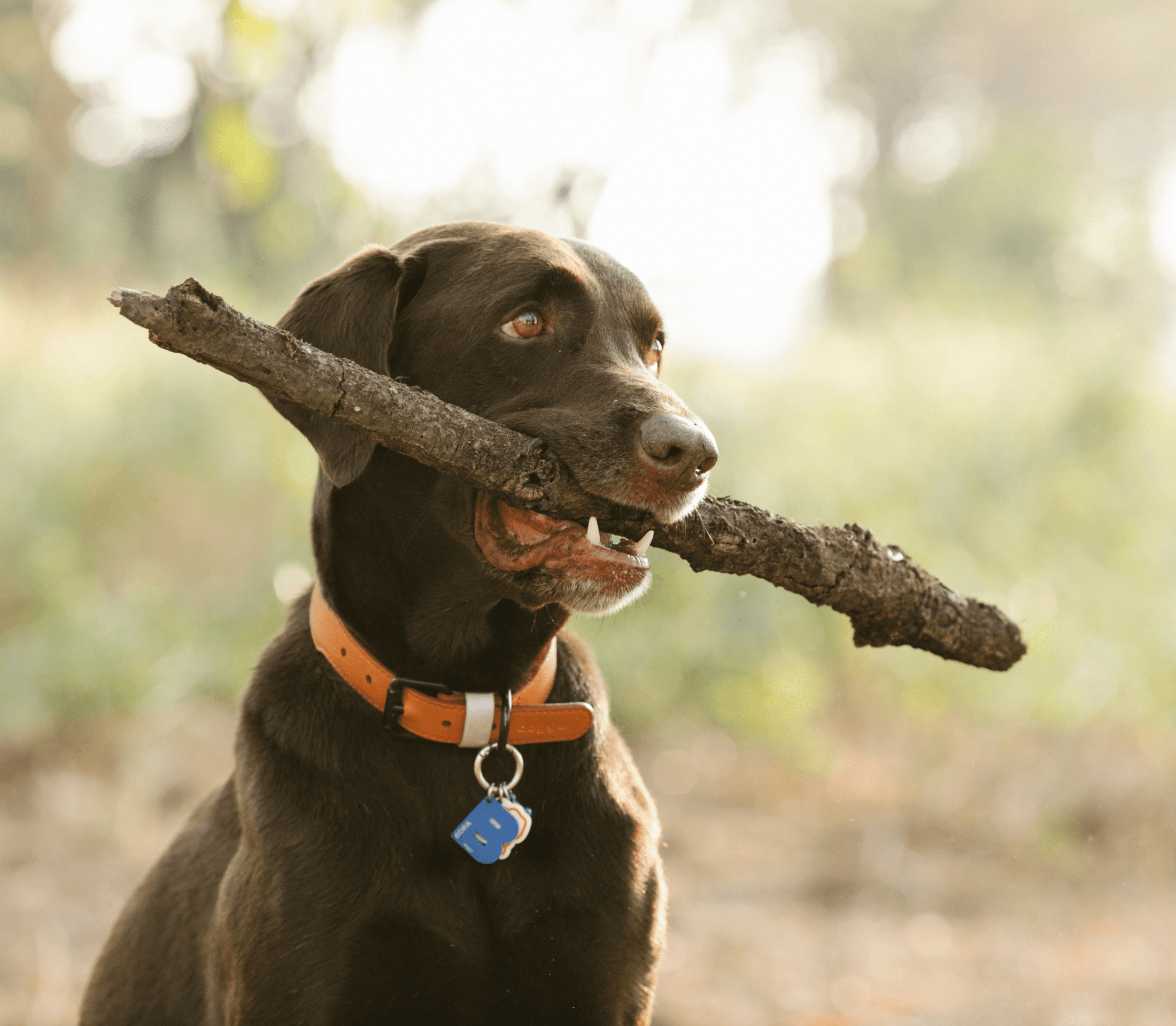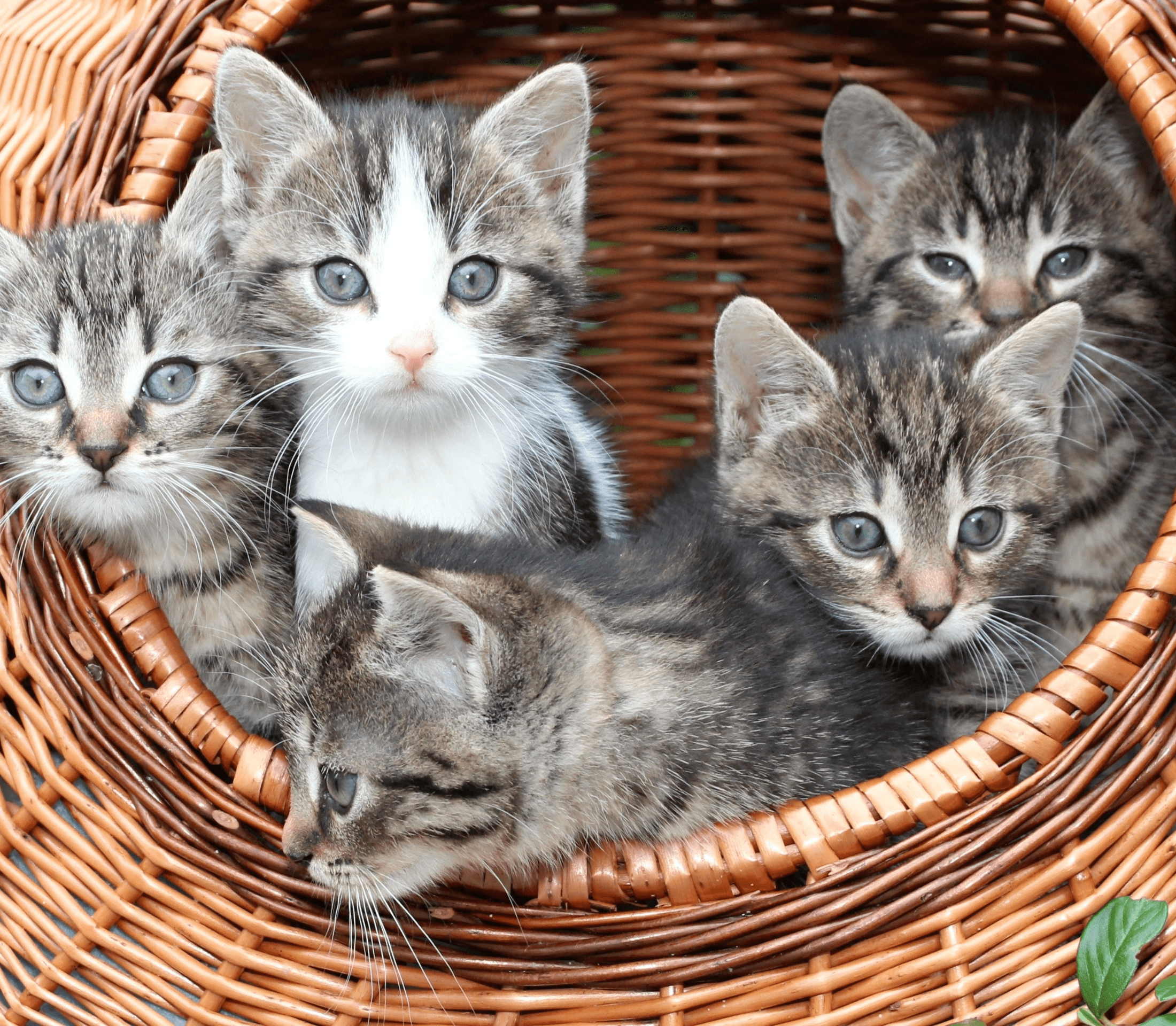Choosing Cat Food
Does your kitty get a bit of a cattitude if you are late with her third breakfast? Our feline pals do take their meals quite seriously, as they should. Proper nutrition is crucial to your furry buddy’s health! It’s important for you to make sure your cat is eating healthy, nourishing food. Of course, with so many brands and lines to pick from, that can get confusing. A Washington DC vet offers some advice on feeding Fluffy in this article.
Dry Vs. Wet
One of the biggest choices you’ll need to make is whether to provide canned food, kibble, or both. They each have pros and cons. Kibble is cheaper, less messy, and lasts longer. Canned food, while more expensive, has a higher moisture content, which is important for Fluffy. It also lasts a long time on the shelf. You can also offer your feline buddy a mix of both.
Choosing The Right Brand
WIth so many different products on the market, picking the best one can be a bit of a head-scratcher. Get into the habit of reading labels. Just as with human foods, cat food ingredients are listed in proportionate order. That means the first thing on the label has the biggest percentage ingredient-wise in the food. Choose something that lists meat, fish, or poultry first and most often on the label. Avoid brands with long lists of unidentifiable ingredients. Ask your vet for specific recommendations.
Wording
This is where things get a bit tricky. Pet food companies are allowed to label their food in ways that can be confusing, if not outright deceptive. For instance, something that is labeled as chicken ‘flavor’ only needs to contain a tiny amount of actual chicken. One thing that may help is looking for a brand that carries the AAFCO seal of approval.
Life Stages
Your kitty’s nutritional needs will change over time. There are different foods available for kittens, pregnant and nursing cats, adults, and seniors. Your vet will be able to advise you on when to make these changes. You’ll also need to let your feline friend weigh in. Unlike Fido, who will eat just about anything, Fluffy can be quite finicky. You may pick the best food out there, but that won’t do any good if your picky pet doesn’t like it!
As your Washington DC pet clinic, we’re here for you. Contact us anytime!



